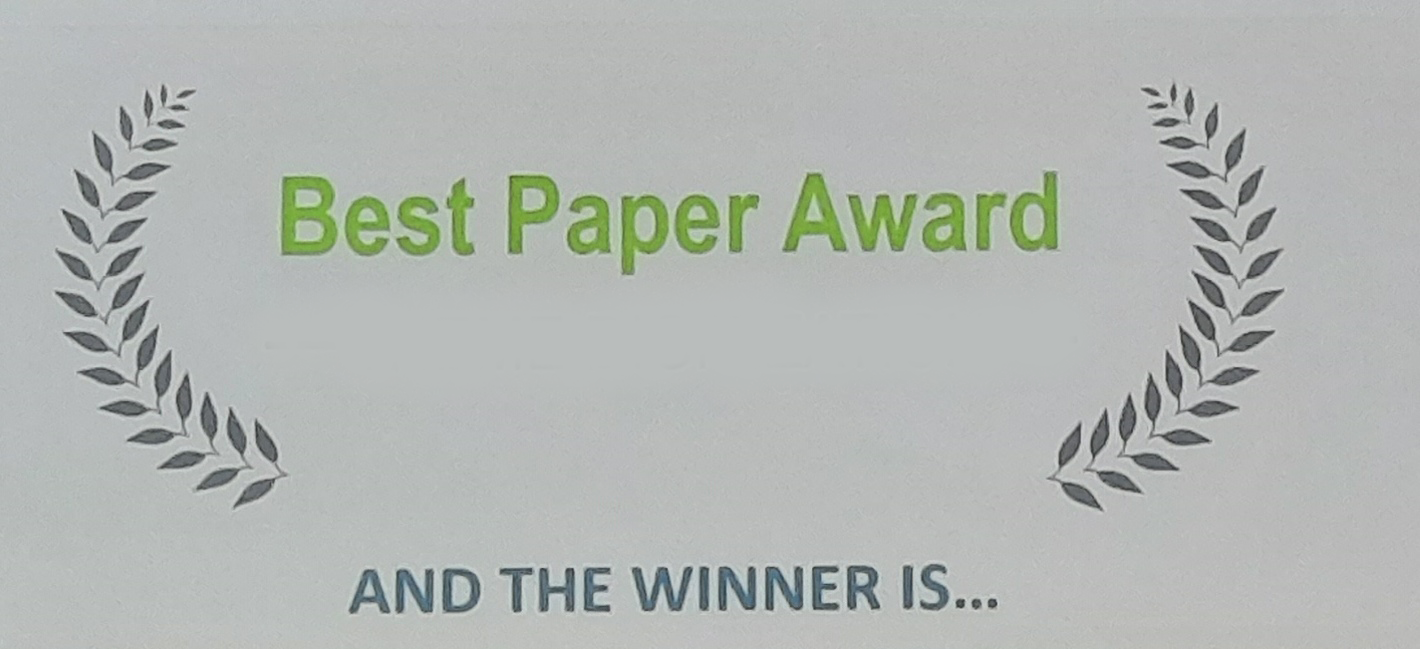Impact of Traditional Augmentation Methods on Window State Detection
DOI:
https://doi.org/10.34641/clima.2022.375Keywords:
Window states detection, Image augmentation methods, Deep learningAbstract
Window state information and changes can help understand ventilation patterns or be used as input in energy models. State identification can be achieved by capturing time-lapse images and processing these through a deep learning model. Deep learning methods have shown reliable performance in object detection tasks such as window and door detection, but have not been applied for window states detection. One of the challenges in setting up such models is to collect a large number of images of window states. In this case, image augmentation can be a critical pre-processing step to enhance the training dataset artificially. Image augmentation has been beneficial in similar contexts and applications. This paper investigates image augmentation methods, adjusting for brightness, scale, and weather. Windows images were used as the starting dataset to demonstrate the proposed methods, and augmented images were artificially generated from the original images. Using the expanded dataset, the Faster R-CNN (faster region-based convolutional neural network) trained a model to detect the binary window states. The augmented dataset model showed better performance than when the original dataset was used. The findings are a testament to the utility of image augmentation methods in the training model of window states detection using deep learning methods.




